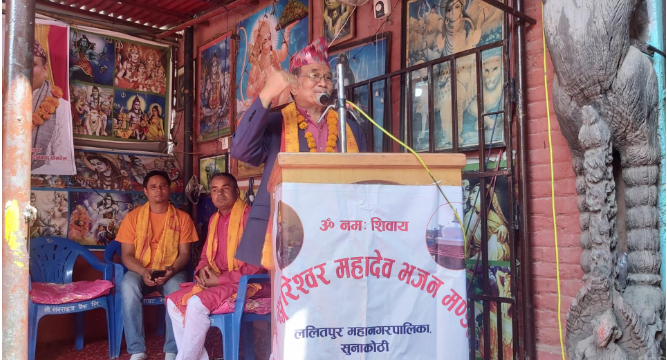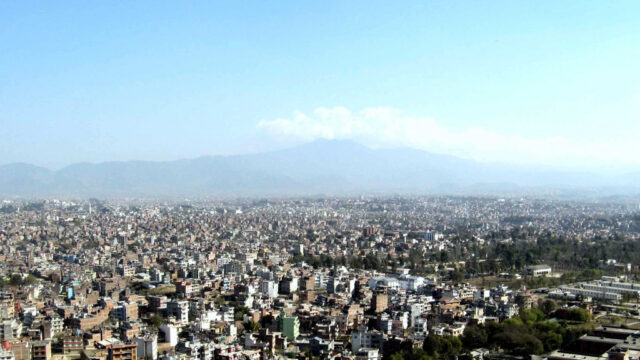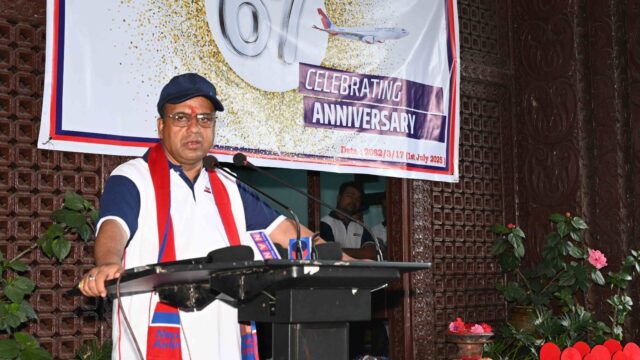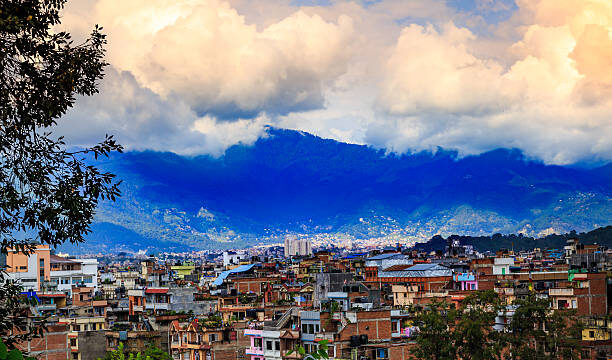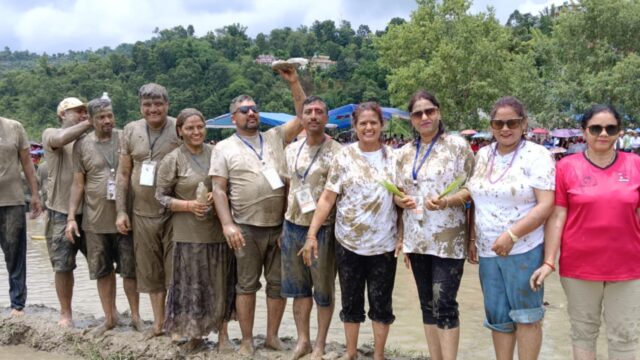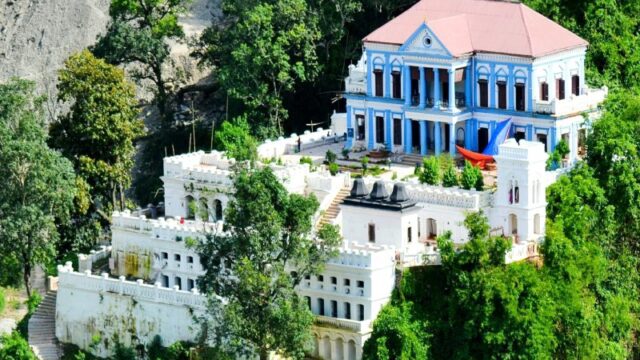Stakeholders have underscored the urgent need to develop cycling infrastructure to foster an eco-friendly and healthy society. This was emphasized during a press conference at the Lalitpur Metropolitan City office today, in anticipation of the 14th edition of ‘Kora 2024,’ Nepal’s largest cycling festival, set for July 20.
Speakers at the event highlighted the significance of advancing cycling culture through infrastructure development to achieve clean environments and healthier lifestyles.
Cycling’s Role in a Healthier Lalitpur
The mayor of Lalitpur Metropolitan City, Chiribabu Maharjan, stressed the vital role of cycling enthusiasts in making the city healthier and more environmentally friendly. “We aim to transform Patan, a UNESCO World Heritage city known for its arts, into a cycle-friendly city. Cycling is unparalleled as a form of physical exercise. Therefore, to cultivate a healthy populace and metropolis, we are focusing on developing cycle lanes, stands, and infrastructure,” he stated.
Mayor Maharjan also discussed the difficulties in creating laws and regulations to support the development of cycle-friendly cities and protect cyclists. “Nepal’s constitution, laws, and acts do not yet recognize cycling. We face challenges in drafting local laws without referencing federal or provincial legislation, which complicates the creation of cycling acts,” he explained.
Cycling Routes and Challenges
Mayor Maharjan expressed his desire to develop a cycling route from Shivapuri Hill to Godavari’s Botanical Garden, noting that Kathmandu Metropolitan City’s lack of cooperation has hindered the project. He added that the municipalities of Godavari and Budhanilkantha had allocated budgets for the route’s management and construction, but the lack of interest from Kathmandu has stalled the plan. The route could extend from Chapagaon, Tahakhel, and Tika Bhairav in Godavari Municipality to Tinpane Bhanjyang in Ward No. 3 of Bagmati Rural Municipality.
Support from Development Projects
Bhushan Tuladhar, Chief of the USAID Clean Air Project, mentioned that developing a cycling culture and events like Kora 2024 would significantly contribute to the cleanliness of Patan City. “The structures built by the metropolis to promote cycling culture are vital. They also play a crucial role in women’s empowerment. The average travel distance in our city is five kilometers, and cycling is the most suitable mode of transportation for this,” Tuladhar said.
Cycling for Women’s Health
Urmila Shakya, a 58-year-old cyclist, highlighted the health benefits of cycling for women. “I started cycling in 2000 and have traveled to 36 or 37 districts by bike. I currently teach cycling to 50-60 people daily in Jawalakhel. A healthy mother leads to a healthy child. Women should cycle to stay healthy,” she remarked.
The Upcoming Kora 2024 Cycling Festival
Cycling activist Raj Gyawali provided details about the upcoming ‘Kora 2024’ cycling festival, set to take place on July 20. The event will start from Mangal Bazaar in Patan, circle Kathmandu, and end at Nagbahal in Patan. “More than 4,000 cyclists from over 15 locations across Nepal will cover a combined distance of over 200,000 kilometers,” Gyawali stated. He added that the Kathmandu Kora cycling tour, which started in 2011 with 35 participants, has grown to become an annual event where cyclists can choose to ride between 50 and 140 kilometers.
This edition, co-organized by Lalitpur Metropolitan City, has already registered 3,340 men and 1,143 women participants, according to activist Gyawali.
With initiatives like Kora 2024 and continuous efforts to develop cycling infrastructure, Lalitpur is set to become a beacon of sustainable and healthy urban living, promoting a cycling culture that benefits both the environment and the community’s well-being.
